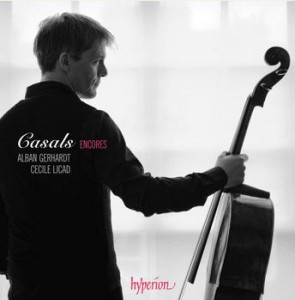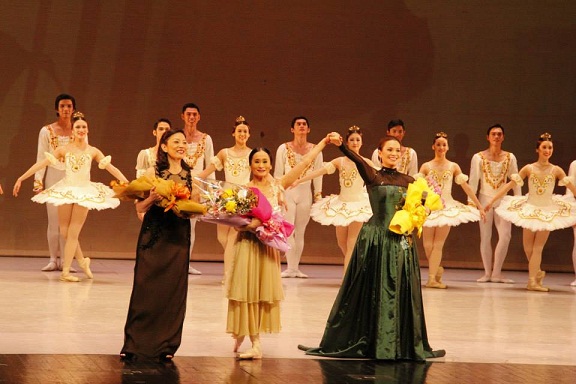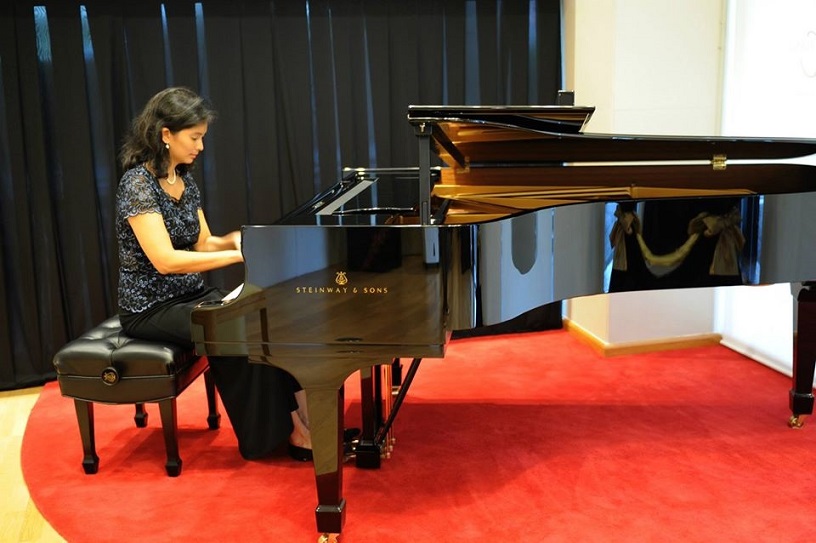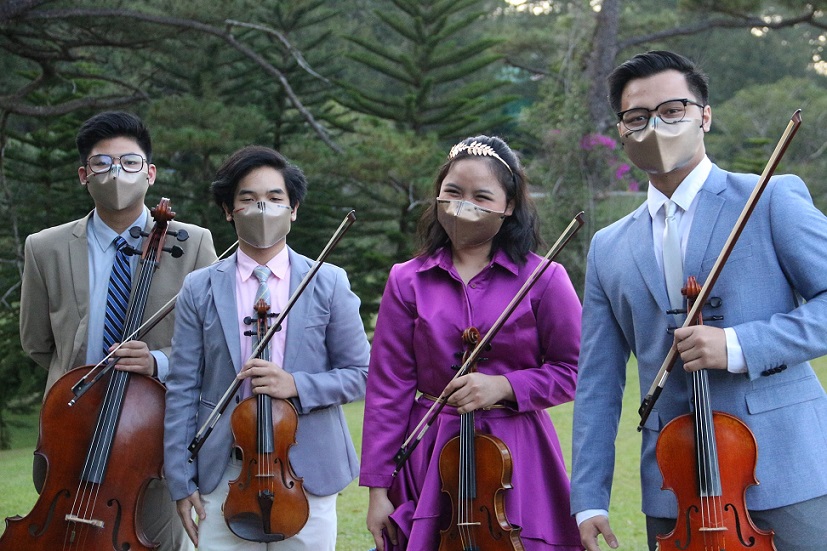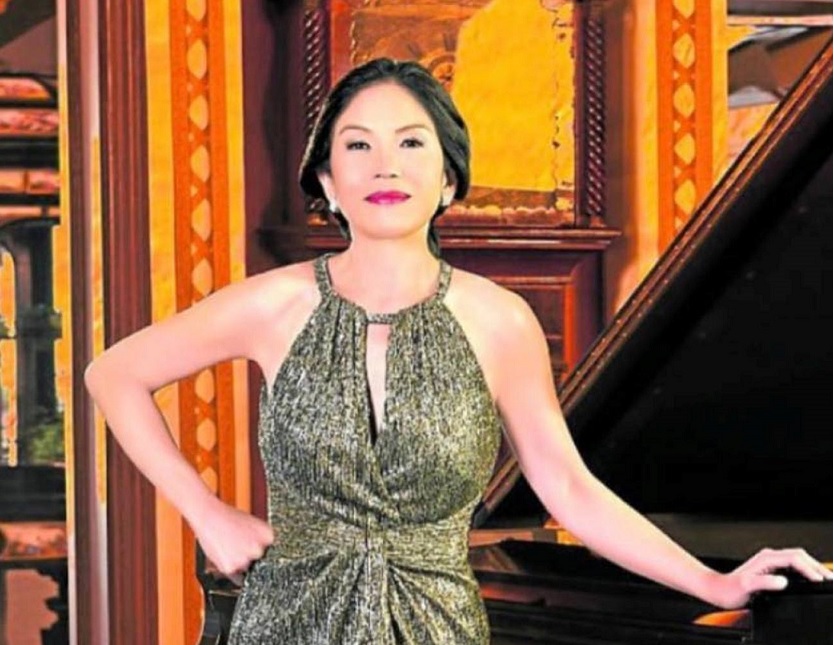By PABLO A. TARIMAN
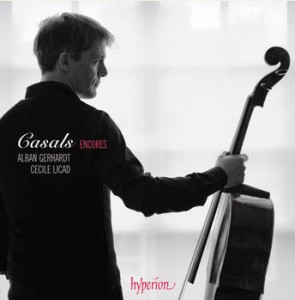
PRIZEWINNING German cellist Alban Gerhardt has chosen to team up with celebrated Filipino pianist Cecile Licad in his latest CD “Casals Encores” under Hyperion label set to be launched in June.
Gerhardt told Strad Magazine, the Bible of string players, that the first thing he does when planning a recording is to choose pianists of the first rank. He had mustered the courage to ask Licad and could hardly believe it when she agreed.
“The caliber of her playing lifts the piano parts to an unprecedented level of quality,” he added.
Gerhardt, who was last heard in the Philippines in 2009 with Licad, said his musical partnership with the Filipina piano virtuoso has been an “incredible journey” for him—i.e., from being a stubborn, rather small-minded typical “German” musician to being much more open, spontaneous and flexible especially in the approach to Brahms or Beethoven.
“Cecile (Licad) has taught me how to look beyond what is ‘right’ or ‘wrong’, purely by her playing, not by trying to convince me eloquently,” he said.
In one recital at the Hürther Schlosskonzerte near Cologne, a German critic gushed at the Gerhardt-Licad performance of Beethoven’s “A Major Sonata,” saying: “For the third time in a row the (then) 30-year-old cellist fascinated again with his superior performance and his extraordinary temperament. He and his Filipina pianist (Licad) proved to be a very homogenous duo.
“He was playing everything by heart while Licad gave us an extra performance to her virtuoso piano playing with her facial expressions and body language, which made even pure watching a pleasure. The Beethoven sonata is the absolute climax of this intense music experience. Every movement itself a treasure, everything was not only perfectly executed, but with fire and very closely shaped.”
From the point of view of a performer, what constitutes musical rapport?
“For me, a good musical rapport between two musicians means that both speak the language of music, both understand music on a very deep level and they can play together without having to talk about it too much,” Gerhardt pointed out.
He continued: “They understand each other without the benefit of the spoken words. Of course, they do rehearse, but in the performance, they might do things quite differently than what they have done in rehearsal. In other words, they allow themselves to being completely spontaneous without having to give obvious signs to each other but by just simply listening to what the other is doing and reacting to each other.”
Gerhardt’s cello playing has been described by the New York Times as “bold, technically resourceful and rhythmically incisive” while the Washington Post called him “a remarkable musician and thinker,” who is “absolutely at home in the most strenuous modern scores.”
He debuted with the Berlin Philharmonic as soloist in “Rococo Variations” under Semyon Bychkov.
In one performance of the same Tchaikovsky piece with the London Philharmonic, a critic from The Independent concluded: “Gerhardt is a highly refined soloist, who has all the skills of a virtuoso. The audience was able to enjoy a gripping performance of Tchaikovsky’s ‘Rococo Variations,’ and they shared appreciation with the members of the Berlin Philharmonic orchestra who applauded their young soloist enthusiastically.”
Asked what he wants to achieve in any performance, Gerhardt said: “Even if the piece is familiar, I try very hard to make it sound new and exciting as though it is the first time I have ever played it.”
He added: “At the same time, I try to be as truthful as possible to my own feelings as well as to the music. I absolutely hate any kind of ‘trick’ in music — actually in anything in life. I like to see things as real as possible and I want honesty everywhere, as well as in any performance.”
On today’s performers, Gerhardt observed that young musicians tend to sacrifice original instinctive expression in their struggle to achieve perfection.
“It is the personal touch that I find missing today for all the excellence on the show,” he told Carlos Maria Solare of Strad Magazine.
He paid homage to cello icon Pablo Casals whose personal sound he appreciates more than the perfect sound of Yo-Yo Ma, another institution in the cello world.
He however noted that while Casals had excellent, original sound, his (Casals) recordings sometimes suffered from wrong choice of pianists.
Gerhardt exhorted Filipinos to support music in the country as well as to listen to concerts. He said everyone should inspire the youngsters to learn an instrument.
“A society in which the young people are all playing video and computer games and only listen to the brain-cell-killing music being played at clubs is a society in grave danger,” he warned.
